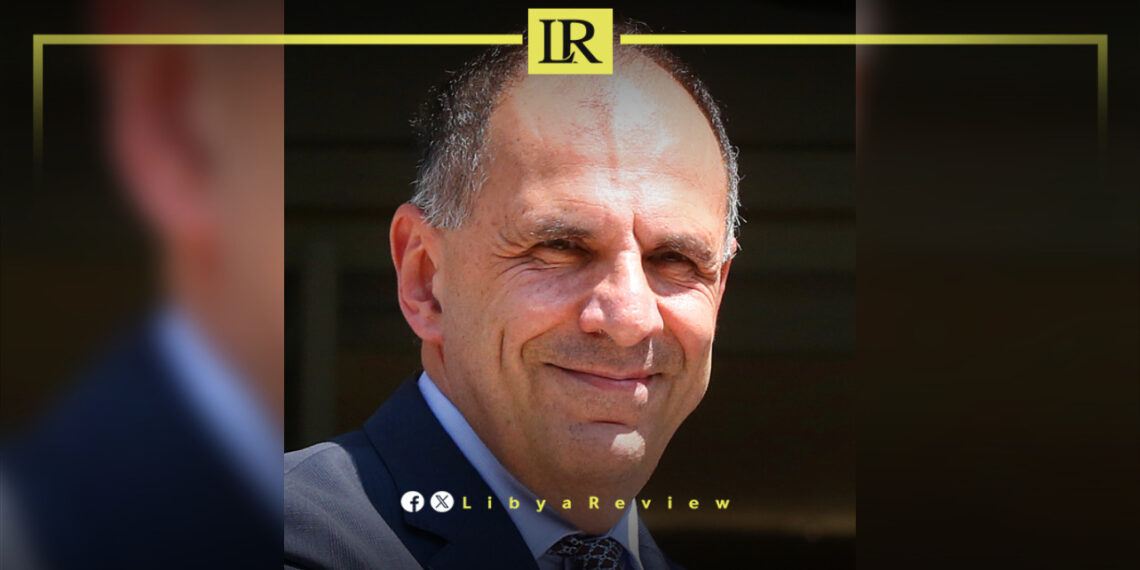Greek Foreign Minister George Gerapetritis is scheduled to visit Libya in early July for high-level talks in both Tripoli and Benghazi, focusing on key bilateral issues including maritime border disputes and irregular migration.
The visit comes amid ongoing tensions between the two countries over maritime delimitation, particularly concerning the role of small Greek islands located in the southern Ionian Sea and southeast of Crete. Libya maintains that these islands should not influence maritime boundary demarcation, while Greece insists they must be factored into its exclusive economic zone (EEZ).
According to diplomatic sources, discussions will also focus heavily on the growing challenge of irregular migration, with Greece expressing serious concern over increasing migrant departures from Libya’s shores since the beginning of the year.
Athens has reiterated its readiness to support Libya in addressing human trafficking networks and strengthening border control capabilities. The country remains a key transit point in the broader European strategy to curb illegal migration across the Mediterranean.
This visit reflects renewed diplomatic engagement between Athens and Libyan authorities amid complex geopolitical dynamics in the eastern Mediterranean.
Libya has been in chaos since a NATO-backed uprising toppled longtime leader Muammar Gaddafi in 2011. The county has for years been split between rival administrations.
Libya’s economy, heavily reliant on oil, has suffered due to the ongoing conflict. The instability has led to fluctuations in oil production and prices, impacting the global oil market and Libya’s economy.
The conflict has led to a significant humanitarian crisis in Libya, with thousands of people killed, and many more displaced. Migrants and refugees using Libya as a transit point to Europe have also faced dire conditions.
The planned elections for December 2021 were delayed due to disagreements over election laws and the eligibility of certain candidates. This delay has raised concerns about the feasibility of a peaceful political transition.
Despite the ceasefire, security remains a significant concern with sporadic fighting and the presence of mercenaries and foreign fighters. The unification of the military and the removal of foreign forces are crucial challenges.


